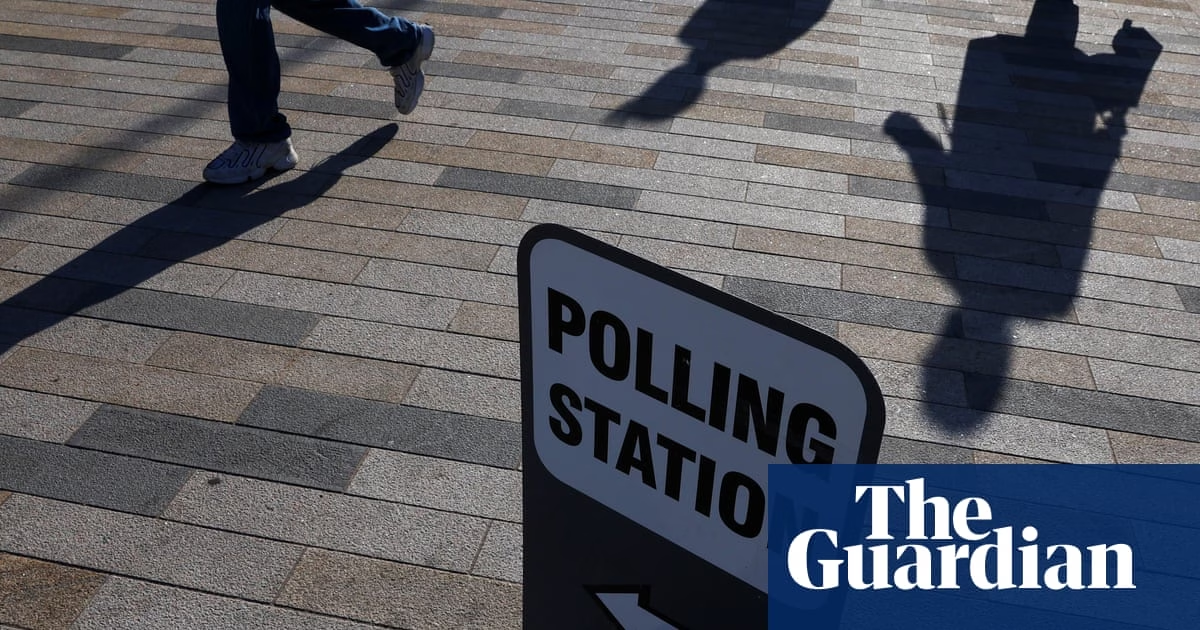Age and education have become more significant factors in determining political affiliations in British politics, overshadowing traditional class divisions, according to a comprehensive study on public opinion trends. The British Social Attitudes survey, which has been conducted annually since 1983, reveals a decline in class-based voting patterns.
Professor Sir John Curtice, a leading figure at the National Centre for Social Research (NatCen) and co-author of the report, stated that the underlying structure supporting class-based voting has eroded. “Class no longer equates to vote; we now have multidirectional politics,” he explained. This shift is compounded by record-low trust in government and politicians, indicating a challenging environment for both the Conservative and Labour parties to maintain support.
The study found that during the 2024 general election, Labour was unable to reconnect with its traditional base of working-class voters, whose support significantly waned in 2019. Among those in semi-routine and routine occupations, only 30% voted Labour, compared to 42% of people in professional and managerial positions. “London has become the most pro-Labour region of the country, with the typical Labour voter now being a young, often first-generation, middle-class professional residing in London,” Curtice noted.
The analysis highlighted that age and education were more decisive in voting intentions. Only 6% of 18- to 24-year-olds voted Conservative, in stark contrast to 36% of those aged 65 and over. Furthermore, across all age groups, just 5% of graduates voted for Reform UK, compared to 25% of those whose qualifications were less than A-level.
The survey also revealed strong support for electoral reform. For the first time, a majority of supporters across all parties favor such reform, indicating a significant shift in public opinion following what was described as the most disproportional outcome in British electoral history.
Meanwhile, dissatisfaction with public services has escalated, with a record 59% expressing dissatisfaction with the NHS, up from 25% in 2019. On the issue of social care, dissatisfaction rose from 37% in 2019 to 53%.
Alex Scholes, the research director at NatCen, underscored the transformative potential of the political landscape, noting the significant challenges to Britain’s traditional two-party system and the ongoing struggle to regain public trust and confidence post-election.
The study also found that a record 26% of respondents are struggling to live on their current income, up from 16% before the pandemic, and the proportion of those living comfortably dropped from 50% to a record low of 35%. This economic strain is associated with decreased trust in politicians and governments.
Curtice highlighted, “The risks facing the government and the opposition were very clear during the election; one has to look beyond Westminster. The majority of 174 is a product of the electoral system, not a reflection of how people actually voted.”
Source: https://www.theguardian.com/politics/2025/jun/25/class-age-education-dividing-lines-uk-politics-electoral-reform





